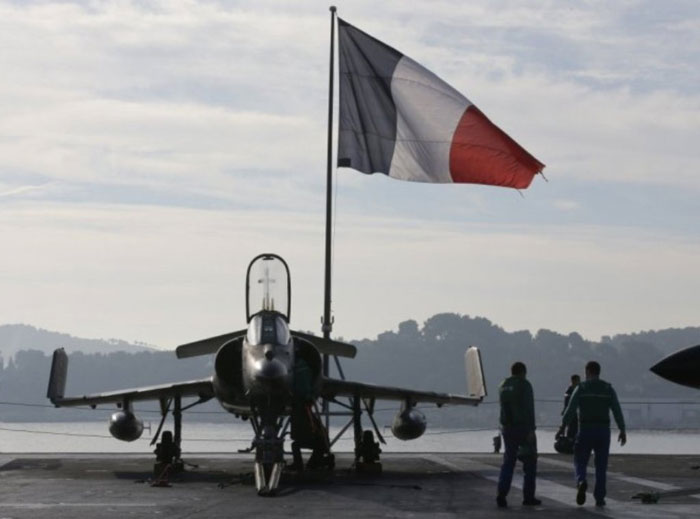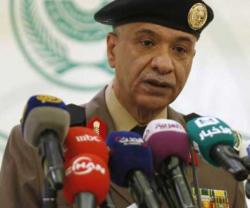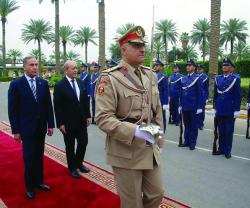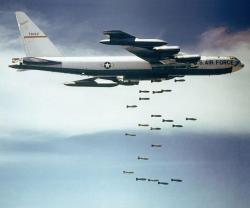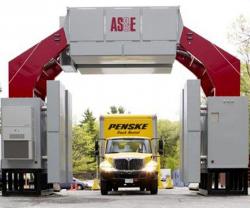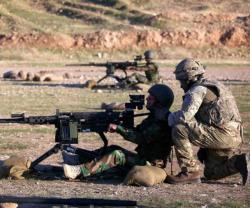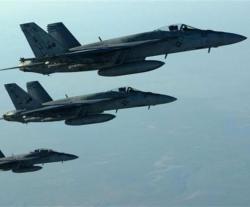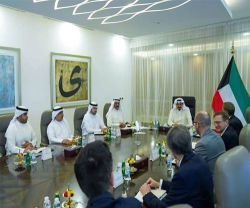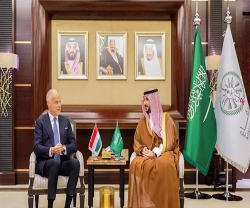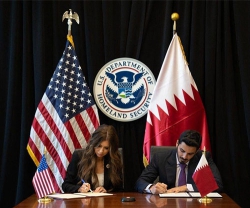Defense Ministers of seven countries met in Paris Wednesday to hash out strategies against the Islamic State group in Iraq and Syria (ISIS). Canada has been excluded from the meeting.
The French and US Defense Ministers co-hosted the meeting with their Australian, British, Dutch, German and Italian counterparts.
In addition to discussing airstrikes against ISIS, the Ministers will work to boost the capacity of local anti-ISIS forces such as the Kurdish Peshmerga and Iraq’s Army. US, Australian and French instructors have trained 15,000 Iraqi soldiers so far.
France has pushed to include Russia, which launched airstrikes on ISIS in September to support Syrian President Bashar al-Assad. UN-brokered talks to end Syria's five-year civil war include Russia and could resume next Monday in Geneva.
The multinational, multi-front fight involves several factions and has blurred borders, leading to the deaths of more than 250,000 Syrians and displacing millions within the region while sending hundreds of thousands to Europe to seek safety.
ISIS captured several cities in Iraq and Syria in 2014 and 2015, but has seen recent setbacks across its self-declared caliphate, including the loss of the key Iraqi city of Ramadi to US-supported local forces last month.
Airstrikes have intensified since ISIS claimed involvement in attacks on November 13 in Paris, with coalition bombs especially targeting the group’s oil production - a principal source of revenue.
The coalition apparently snubbed Canada after Prime Minister Justin Trudeau said he would withdraw the country’s jets from the coalition involved in airstrikes. US Defense Secretary Ash Carter didn't mention Canada last week in a speech in Fort Campbell, Kentucky, when he said he would meet Defense Ministers from nations who had played a “significant role” in the coalition.
Canada’s six CF-18 fighter jets, refueling tanker aircraft, two surveillance planes and one airlift aircraft, with about 600 airmen and women, continue to participate in airstrikes, and it remains unclear when Canada will finally pull the planes.
Australia, too, has six jets as well as soldiers in noncombat roles in the Iraqi capital of Baghdad and has declined the US’s request to do more. The Netherlands has four fighter jets. Germany does not participate in airstrikes.
Sixty countries have some role in the coalition.

